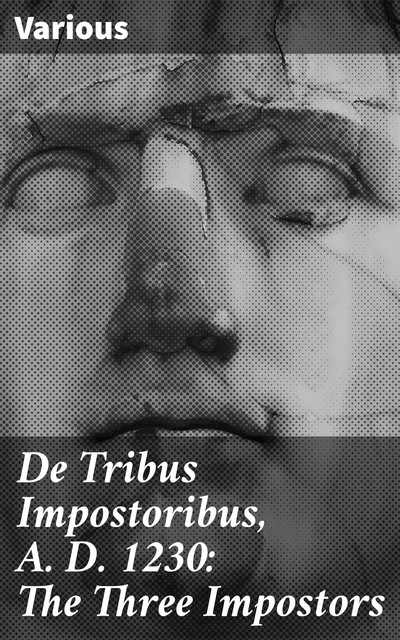De Tribus Impostoribus, composed in 1230, presents a provocative critique of the prevailing religious doctrines of its time, specifically targeting the figures of Moses, Jesus, and Muhammad. This anonymous work is articulated through a sharp, polemical literary style that intertwines historical narrative with philosophical inquiry, challenging the reader to reassess established beliefs and the nature of divine authority. Set within the theological upheaval of the Middle Ages, the text embodies the emerging rationalist thought, reflecting a burgeoning skepticism that would later influence Enlightenment philosophers. The authorship of De Tribus Impostoribus remains obscured, yet the intellectual climate of the 13th century, marked by scholasticism and the rediscovery of classical texts, undoubtedly informs its daring assertions. This milieu may have compelled the author to confront the dogma of organized religion and explore the boundaries of faith and reason. The work symbolizes a response to the fear of unchecked belief, revealing a quest for truth unswayed by dogmatic tradition. This compelling treatise invites readers to delve into the complexities of belief and skepticism, making it essential for those interested in religious studies, philosophy, and the historical development of critical thinking. It serves as an extraordinary testament to the power of intellectual inquiry and its enduring relevance in our contemporary discourse.


